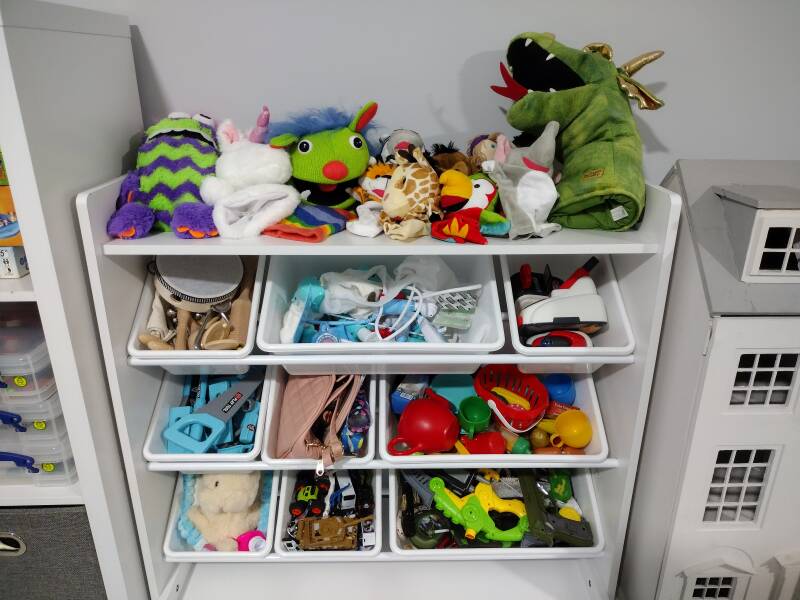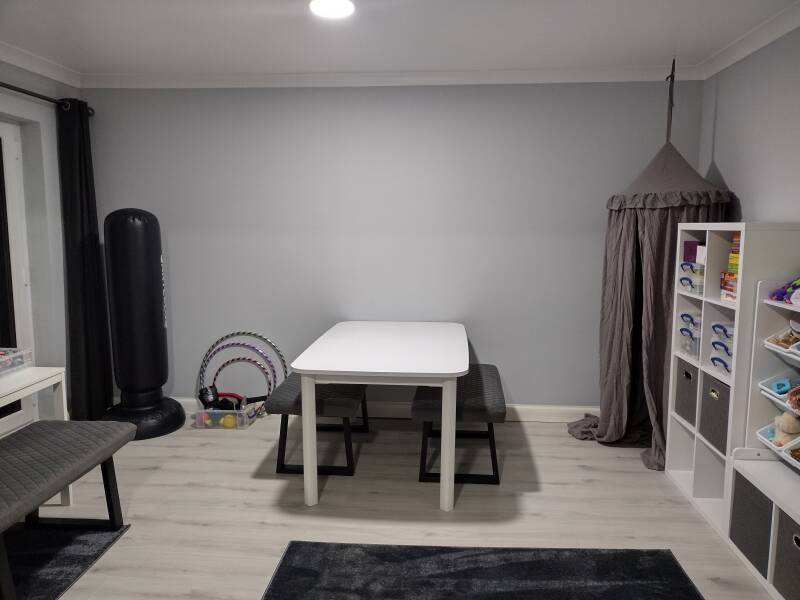
Child-Centred Play Therapy
"Play is a child's language and toys are their words"
Play Therapy provides a safe way for children to explore and process difficult experiences. Through play, children experience healing in a way that feels completely natural and non threatening. Through play, children can 'get out', make sense of and reconcile any difficulties they are experiencing. Children don't even need to know it's therapy for it to be therapeutic.
When you ask what your child has done in their session with me, they'll say "I just played" and you'll wonder what you are paying for! It is my interactions with the child that are instrumental in the changes you'll begin to to see in them.
The universal outcomes that every child comes away with are:
-
Increased self-esteem
-
Increase self control
-
Increased emotional regulation
-
A new concept of themselves and the world around them
- Increased resilience
- Processing of traumatic experiences
And importantly, they'll be happier, so you'll be happier.
Play therapy changes the child's sense of self (have you seen Inside Out 2?). This means that changes are internal to how they see themselves and the world around them. This means that changes are lasting and not problem specific. However, that also means that changes take time. You'll need to trust me and trust the process. It sometimes gets worse before it gets better as they work on new ways of behaving and interacting with the world around them.
The best way I can describe Child-Centred Play Therapy - it's just magical. I wish every child could experience it. Please click on the link below and it will open a document with some more information about Child-Centred Play Therapy and how it works.
Frequently asked questions

Here are some photos of the playroom.
There are three main categories of toys which help the children to express themselves in different ways. Some examples are:
- Creative
- Sand tray, drawing, play dough, puppets, musical instruments, Lego
- Competence & self-control
- Boxing bag, hula hoops, nerf guns, juggling balls, games, jigsaws
- Role play
- Dressing up, tools, kitchen, doctors, toy soldiers, dolls house
All of the toys are carefully selected to help the children express themselves in different ways.
Through creative toys the children can express hidden feelings, process difficult experiences and release somatic distress.
Through competence play the children can practise tolerating frustration and celebrating success, develop a sense of achievement, learn to express emotions in appropriate ways and control their aggressive impulses.
Through role play the children experience being in control, in charge, looking after others, and can play out difficult experiences, helping them to make sense of them.


